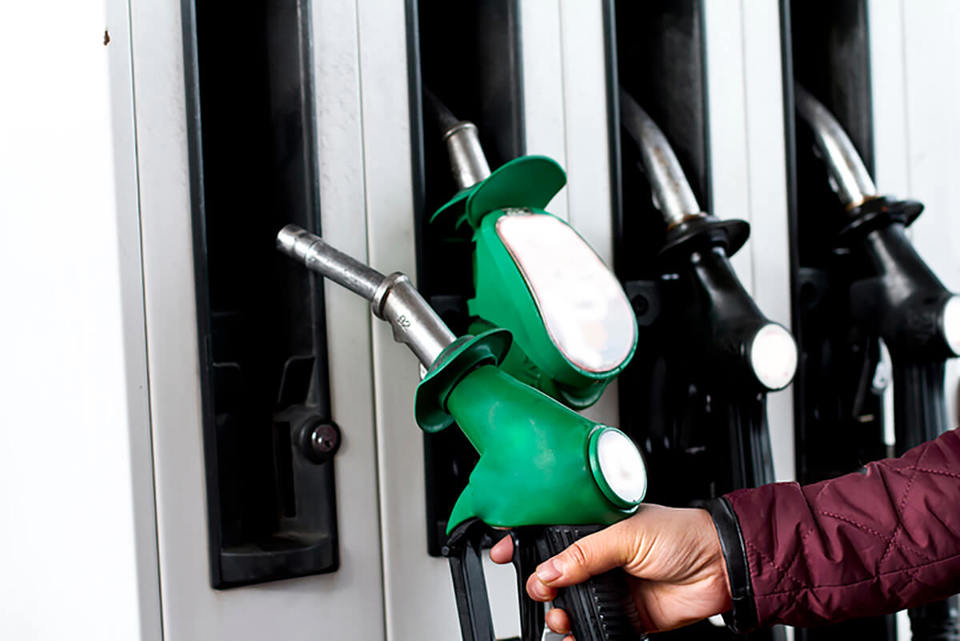Energy Saving Trust is urging fleet managers to consider using fuel cards in a bid to reduce their motoring spend – while reassuring firms this does not automatically mean providing free private fuel to drivers.
A guide produced by the Trust outlines how costs, fuel consumption, administration time and security risks can all be reduced if businesses embrace the cashless payment method.
Ian Featherstone, knowledge manager at the Energy Saving Trust, said: “Our practical guide demonstrates how fleet managers can make their lives easier by adopting fuel cards.
“Fuel cards provide significant benefits for businesses. They remove the need for time-consuming expenses claims, and are more secure than conventional payment methods because they can be embossed with the drivers’ name, the registration of the vehicle and the company name and consolidated invoices make calculating and claiming VAT easier too.
“Many organisations believe that fuel cards can only be implemented when employees’ personal fuel costs are paid by the business.
“However, this is not the case, and indeed free private fuel is rarely cost-effective for either the employer or its drivers.
“Fuel cards should be complemented by a system where drivers repay private mileage at an individual rate – such a ‘fuel at cost’ approach encourages fuel efficient driving, is fairer to both drivers and vehicle managers, and is HMRC compliant.”
Paul Chater of business fleet consultancy Vertivia Mileage Management, added: “Channelling fuel purchases through a fuel card maximises buying power while also providing valuable data to act upon. While requiring a robust system to manage it, fuel at cost is a fair, transparent and compliant reimbursement process.”
The guide, entitled Energy Saving Trust: Fuel Card Guide, is available to download at the company’s website.
EST urges fleets to consider fuel cards
- By Fleet News
- |
- 2 October 2012


















Adam Rollins - 03/10/2012 12:52
At Midas FMS we congratulate the Energy Saving Trust for taking this message on board. We have been working with numerous fleets over many years to take controll of their fuel expenditure. The use of fuel cards in conjunction with a robust mileage management system gives a company the tools they need to treat fuel use strategically. By doing so they can also keep track on company vehicle data such as economy, mileage and CO2. But most companies will always have a requirement for pay and reclaim as well as grey fleet; so Midas has developed modules that will allow for all types of user, furthering the overall availability of management information across all business drivers. This, in turn will help drive decisions such as provision of additional company cars, pool vehicles and additional fuel cards. Adam Rollins Midas-FMS. adam.rollins@midas-fms.com